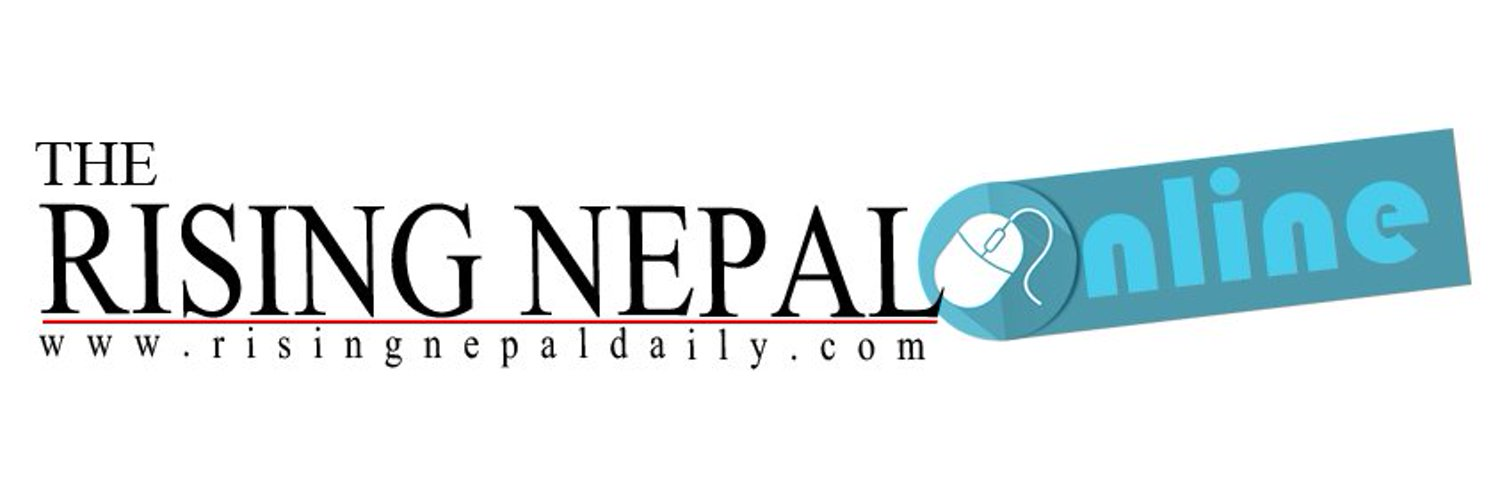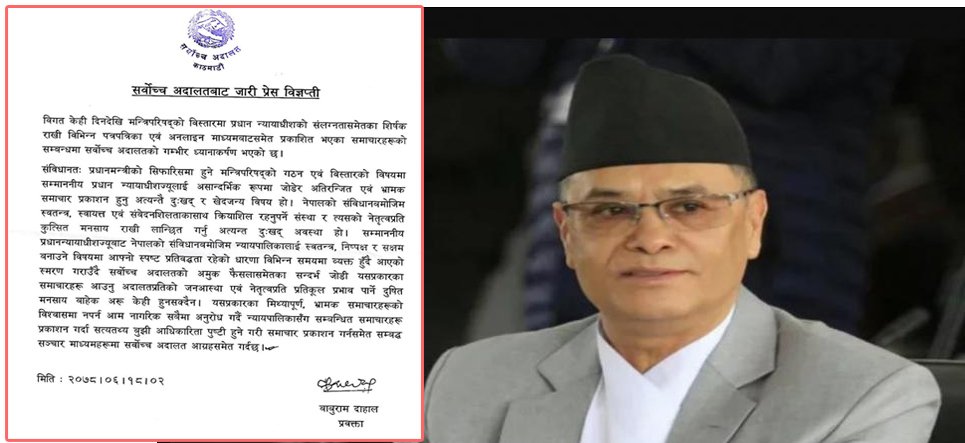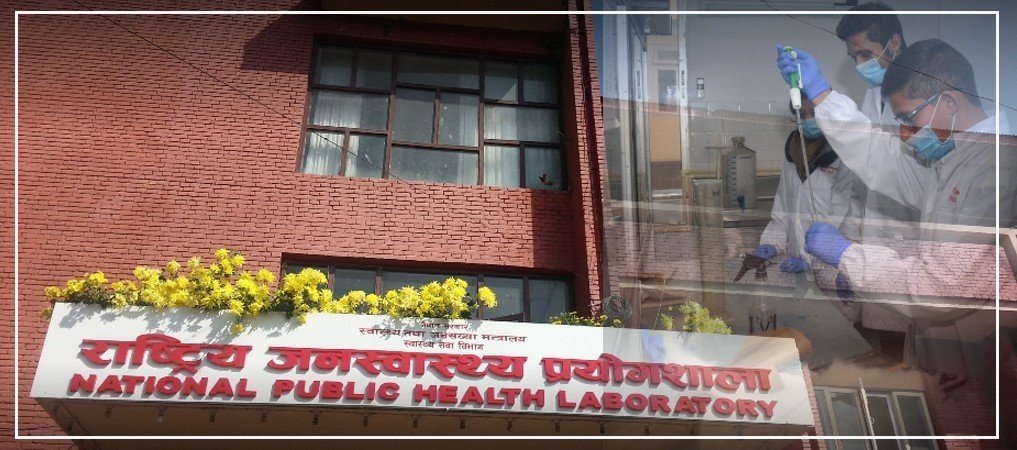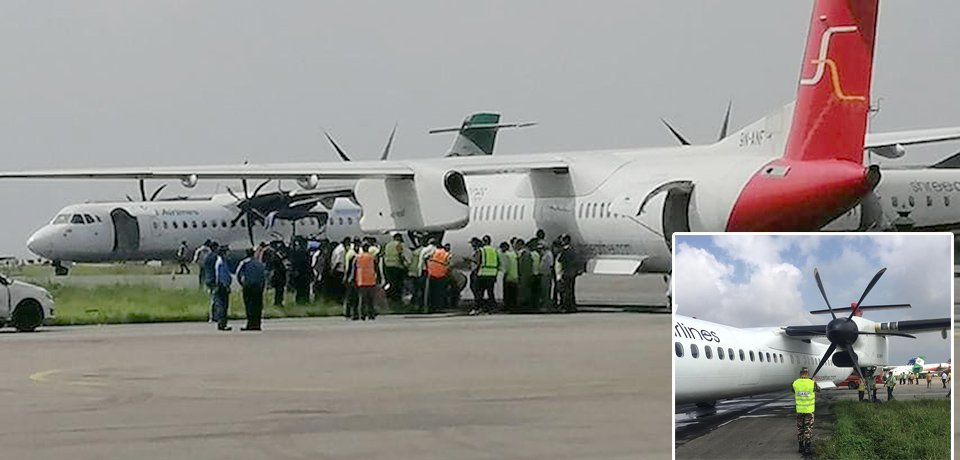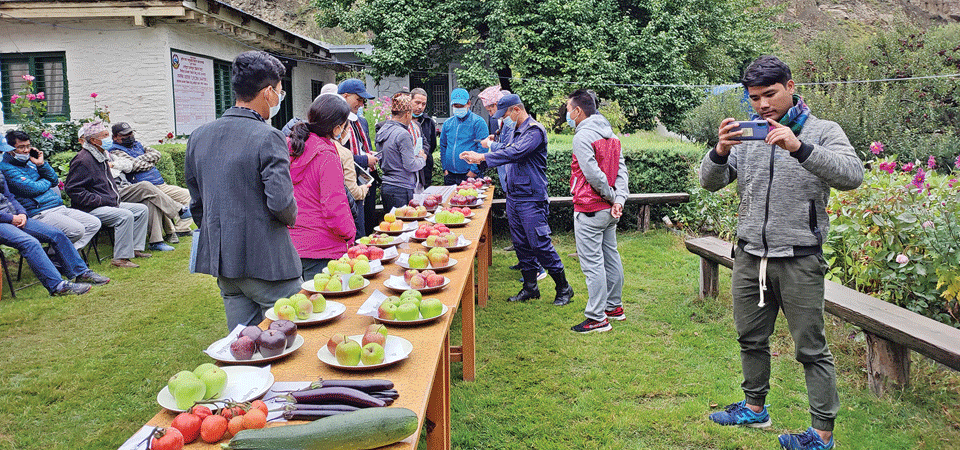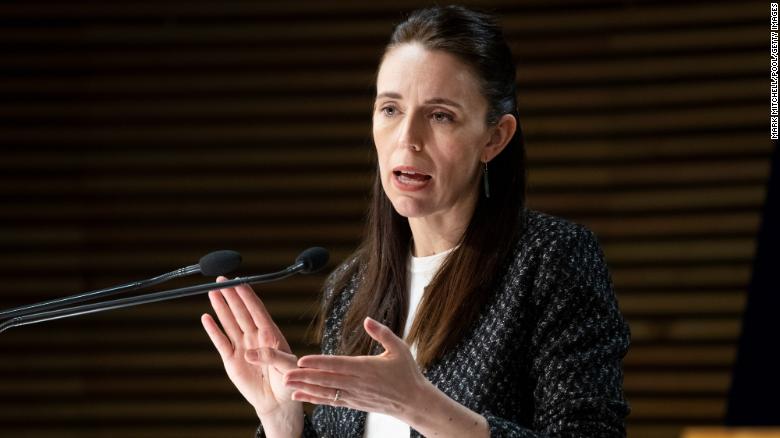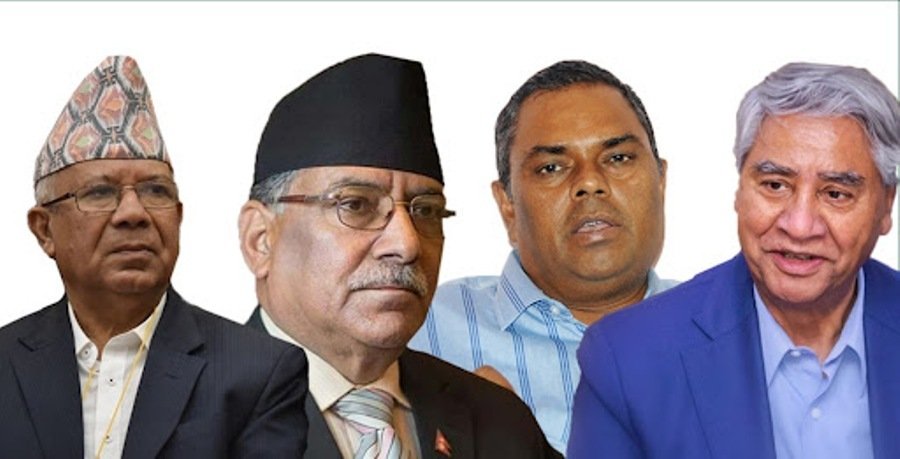Global COVID-19 cases hit 250 million, eastern Europe infections at record levels
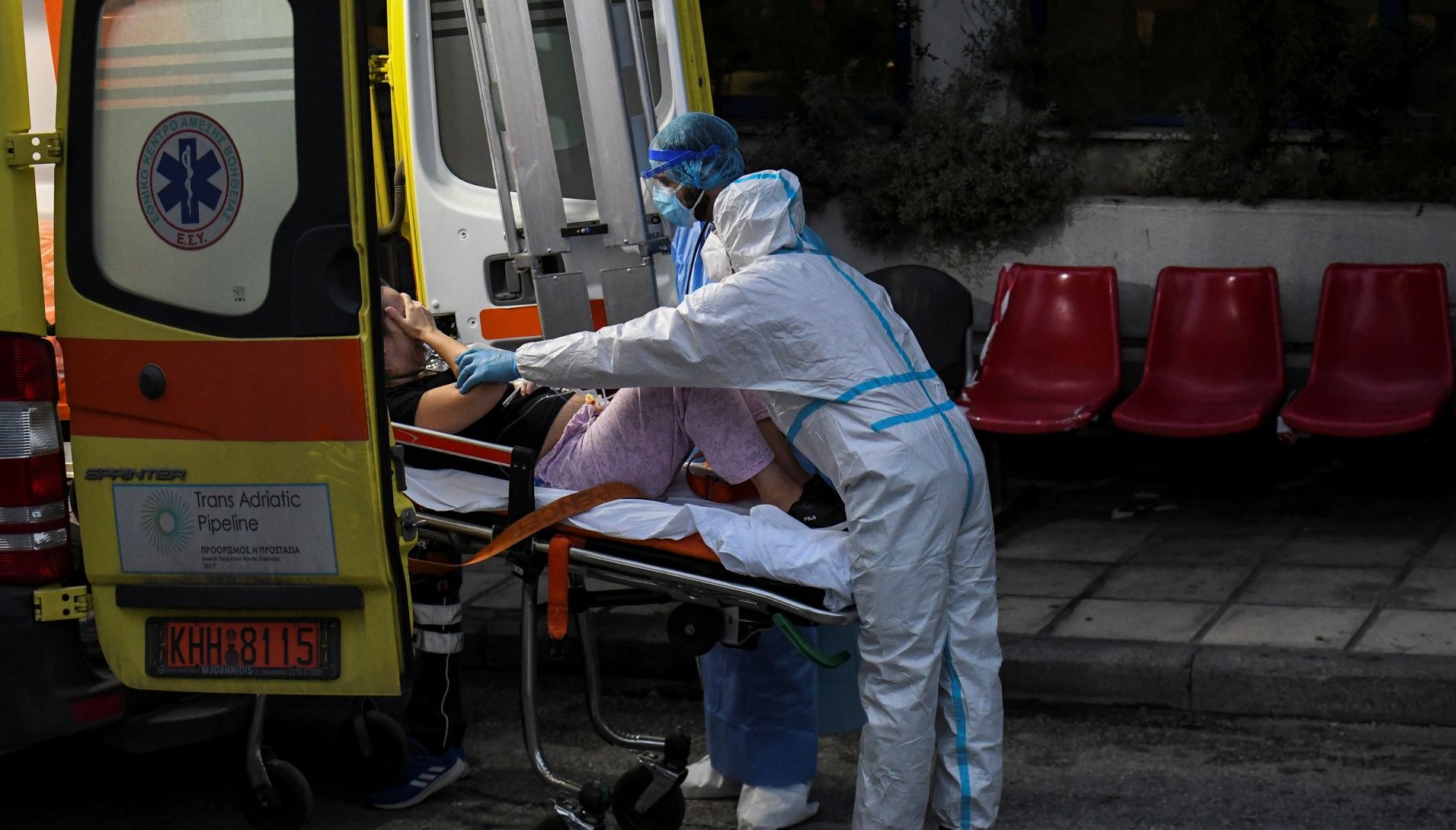
By Roshan Abraham and Rittik Biswas, Nov 8 (Reuters) - Global COVID-19 cases surpassed 250 million on Monday as some countries in eastern Europe experience record outbreaks, even as the Delta variant surge eases and many countries resume trade and tourism.
The daily average number of cases has fallen by 36 per cent over the past three months, according to a Reuters analysis, but the virus is still infecting 50 million people every 90 days due to the highly transmissible Delta variant.
By contrast, it took nearly a year to record the first 50 million COVID-19 cases.
Health experts are optimistic that many nations have put the worst of the pandemic behind them thanks to vaccines and natural exposure, although they caution that colder weather and upcoming holiday gatherings could increase cases.
"We think between now and the end of 2022, this is the point where we get control over this virus ... where we can significantly reduce severe disease and death," Maria Van Kerkhove, an epidemiologist leading the World Health Organisation, told Reuters on Nov. 3.
Infections are still rising in 55 out of 240 countries, with Russia, Ukraine and Greece at or near record levels of reported cases since the pandemic started two years ago, according to a Reuters analysis.
Eastern Europe has among the lowest vaccination rates in the region. More than half of all new infections reported worldwide were from countries in Europe, with a million new infections about every four days, according to the analysis.
Several Russian regions said this week they could impose additional restrictions or extend a workplace shut down as the country witnesses record deaths due to the disease.
VACCINE INEQUITY
Several world leaders have stressed the need to improve vaccination programs around the world, particularly in the least wealthy countries.
More than half the world's population has yet to receive a single dose of a COVID-19 vaccine, according to Our World in Data, a figure that drops to less than 5 per cent in low-income countries.
Improving vaccine access will be on the agenda of meetings of the powerful Asia-Pacific trade group APEC, hosted virtually by New Zealand this week.
APEC members, which include Russia, China and the United States, pledged at a special meeting in June to expand sharing and manufacturing of COVID-19 vaccines and lift trade barriers for medicines.
"Together we are continuing to keep supply chains functioning and are supporting trade in critical medical supplies – including testing kits, PPE and now vaccines," New Zealand Prime Minister Jacinda Ardern said on Monday.
The World Health Organization (WHO) and other aid groups last month appealed to leaders of the world's 20 biggest economies to fund a $23.4 billion plan to bring COVID-19 vaccines, tests, and drugs to poorer countries in the next 12 months.
Recent News

Do not make expressions casting dout on election: EC
14 Apr, 2022
CM Bhatta says may New Year 2079 BS inspire positive thinking
14 Apr, 2022
Three new cases, 44 recoveries in 24 hours
14 Apr, 2022
689 climbers of 84 teams so far acquire permits for climbing various peaks this spring season
14 Apr, 2022
How the rising cost of living crisis is impacting Nepal
14 Apr, 2022
US military confirms an interstellar meteor collided with Earth
14 Apr, 2022
Valneva Covid vaccine approved for use in UK
14 Apr, 2022
Chair Prachanda highlights need of unity among Maoist, Communist forces
14 Apr, 2022
Ranbir Kapoor and Alia Bhatt: Bollywood toasts star couple on wedding
14 Apr, 2022
President Bhandari confers decorations (Photo Feature)
14 Apr, 2022
